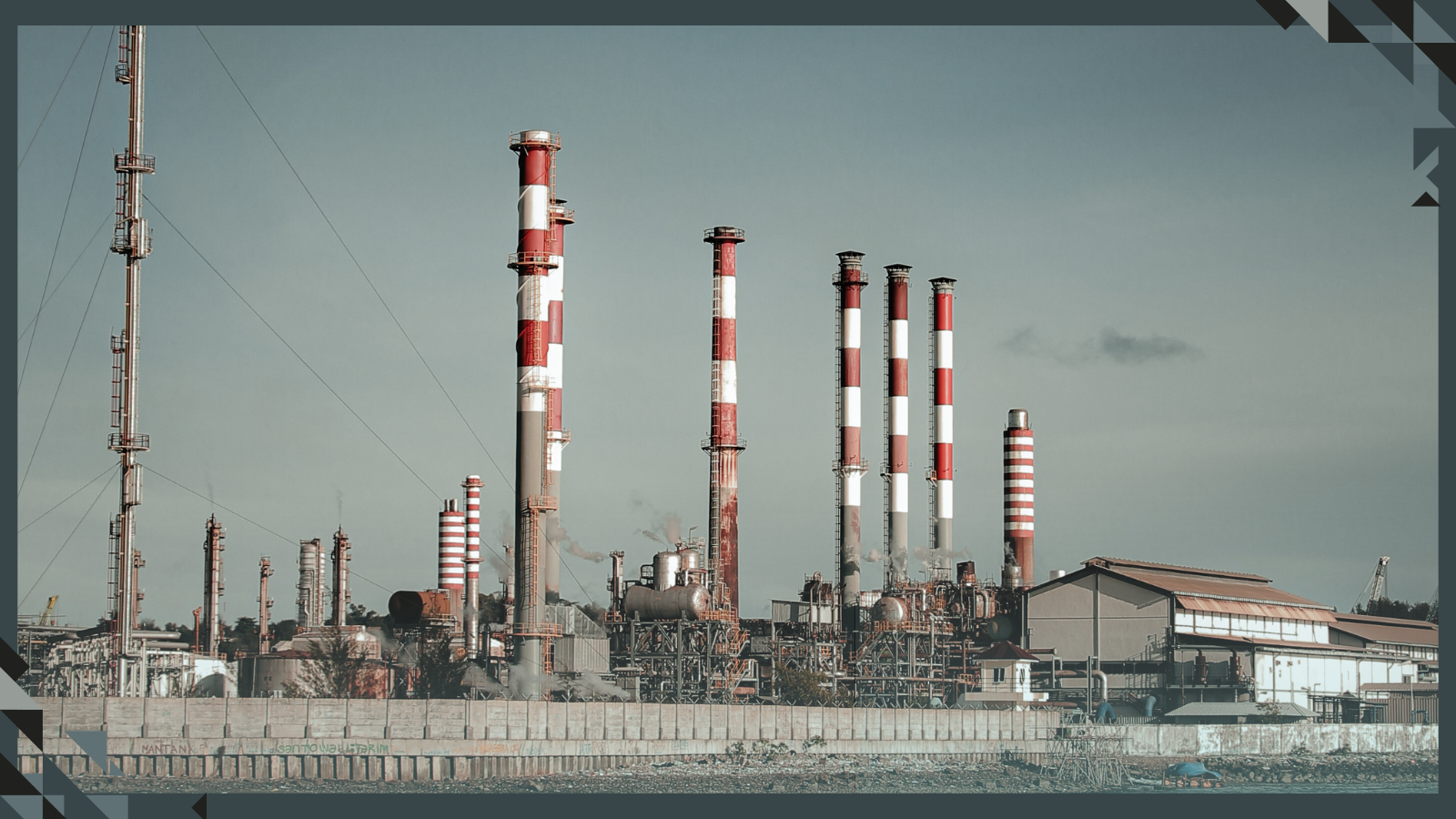Written by: Kimberly White
A Montana judge has blocked an air quality permit for a controversial natural gas power plant, citing climate change concerns.
State District Judge Michael Moses canceled the air quality permit for a natural gas power plant currently under construction in early April.
The judge ruled that the Montana Department of Environmental Quality’s (DEQ) 2021 issuance of an air quality permit for NorthWestern Energy’s plant was unlawful, noting that Montana officials failed to fully consider and evaluate the greenhouse gas emissions and corresponding climate impacts of the project.
The ruling found that the DEQ’s environmental analysis required further consideration and “hard looks” to reassess the significant impacts of the project. The DEQ originally stated that they had “not identified any significant impacts associated with the proposed action,”
The project in question is under construction along the Yellowstone River and is one of the Sioux Falls, South Dakota-based NorthWestern Energy’s largest projects in the state of Montana. The natural gas power plant will dump roughly 770,000 tons of greenhouse gases per year into the air— equivalent to the annual emissions of more than 167,000 passenger vehicles. The $250 million plant would operate for at least 30 years.
During its lifespan, the plant would emit more than 23 million tons of greenhouse gases.
The project is situated along the banks of the Yellowstone River on the outskirts of Laurel, Montana, and is less than 15 miles downwind from the City of Billings, the largest city in Montana.
“To most Montanans who clearly understand their fundamental constitutional right to a clean and healthful environment, this is a significant project,” wrote Judge Moses.
The judge also faulted the DEQ for failing to adequately consider the impacts of light pollution from the plant on the residents of Laurel. The plant is across the river from a residential neighborhood.
“Because DEQ failed to take the requisite hard look at the lighting emissions, their position on this issue is arbitrary and capricious,” wrote Moses.
Residents of Laurel celebrated the court’s ruling that the DEQ violated the Montana Environmental Policy Act by issuing the permit despite not fully or properly evaluating the environmental externalities of both the plant’s construction and operation.
Concerned local landowners banded together to form the “Thiel Road Coalition” to fight against the project, which would place a high-volume, high-pressure methane gas pipeline near their homes.
“My business, my family, and my home will be directly impacted by NorthWestern’s proposed project. We have raised our concerns every step of the way, and state and local governments keep ignoring us,” said Kasey Felder, a landowner, small business owner, and member of the Thiel Road Coalition. “We were worried we would get a ‘Braveheart’ ending to this story. It’s a relief to know the scales of justice are still in balance, and the little guy can be heard.”
A spokesperson for NorthWestern Energy confirmed with AP News that the company would appeal the order.
Montana’s Department of Environmental Quality has stated it will review the court’s decision.
“For too long it’s felt like a David versus Goliath battle. I’m so tired of the government and NorthWestern ignoring us. We live here. We have raised concerns time and time again about the impacts of this plant,” said Carah Ronan, farmer, small business owner, and member of Thiel Road Coalition. “When the government breaks the law and refuses to listen to the folks who live in the area, we have nowhere else to turn but the courts. We are thankful that the courts are willing to side with average Montanans who are just concerned about their health, property, businesses, and future generations.”







